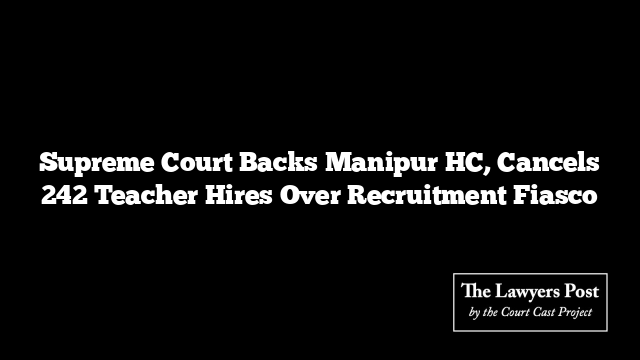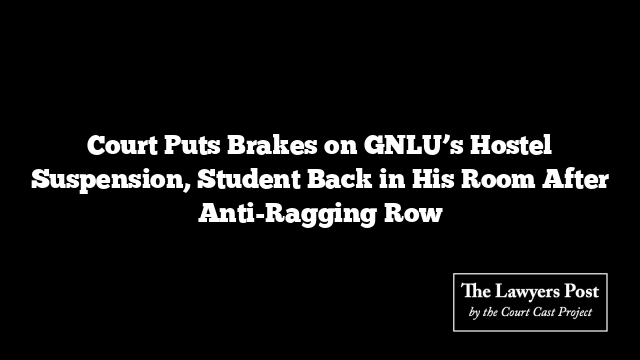In a significant ruling, the Supreme Court has upheld the Manipur High Court’s decision to annul the selection of 242 candidates for primary teacher positions in the OBC category, citing procedural irregularities. The verdict, delivered by a bench comprising Justices Hrishikesh Roy, Sudhanshu Dhulia, and SVN Bhatti, mandates the state to prepare a fresh selection list, adhering strictly to the original 1,423 vacancies announced.
The controversy dates back to a 2006 recruitment process, which involved written exams and interviews for the 1,423 primary teacher posts. However, turmoil erupted in 2010 when a local newspaper published an unofficial selection list, sparking widespread allegations of irregularities. An official selection list was eventually released in 2011, but the process faced legal challenges due to the sudden introduction of OBC reservations, which were applied retroactively without adequate notification.
The crux of the dispute centered on the legality of reserving seats for OBC candidates after the recruitment had already begun. Petitioners contended that this retroactive application violated their constitutional rights under Articles 14 and 16, which ensure equality of opportunity. They argued that the original recruitment notice did not mention OBC reservations, thus depriving potential candidates from the OBC category of a fair chance to apply.
The High Court found the retroactive implementation of the OBC reservation to be unlawful, noting that the state failed to give proper notice or allow OBC candidates sufficient opportunity to participate. “The state’s actions were unreasonable, arbitrary, and violated constitutional principles of equality,” the High Court concluded, setting aside the selection of the 242 candidates.
Endorsing the High Court’s findings, the Supreme Court emphasized that altering the selection rules mid-process compromised the integrity of the recruitment. “Changing the criteria midway deprives eligible candidates of their right to a fair selection process,” Justice Hrishikesh Roy remarked, highlighting the unfairness inflicted on job seekers who had adhered to the original recruitment terms.
The ruling also acknowledged the plight of candidates who had participated in the selection process but had been left in limbo for years, waiting for employment. The Court underscored the need to expedite justice for those affected, directing state authorities to finalize a revised selection list within four weeks and issue appointment orders accordingly. The fresh appointees will be granted notional appointments dating back to December 2011, solely for calculating retirement benefits, with no claims to arrears.
This decision marks the latest chapter in a prolonged legal saga, signaling a firm stance against procedural irregularities in recruitment processes.





